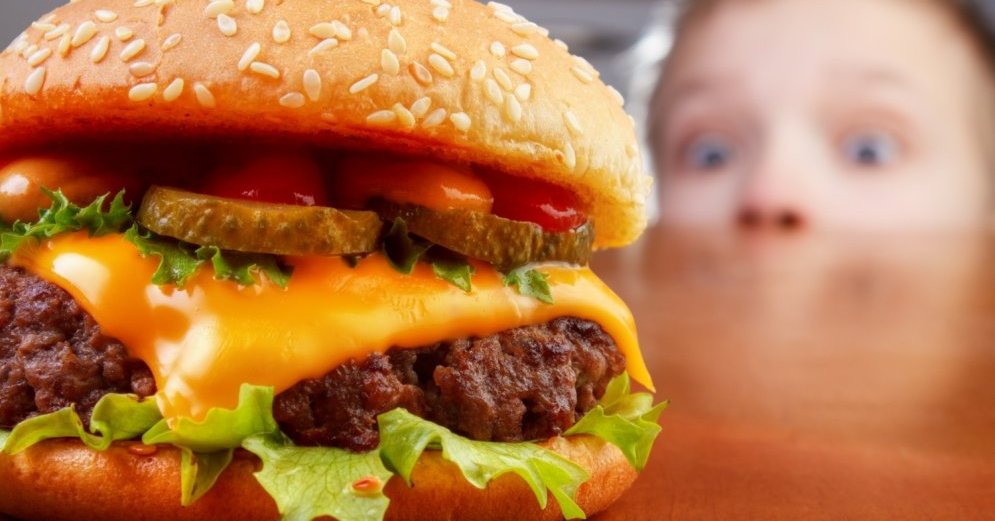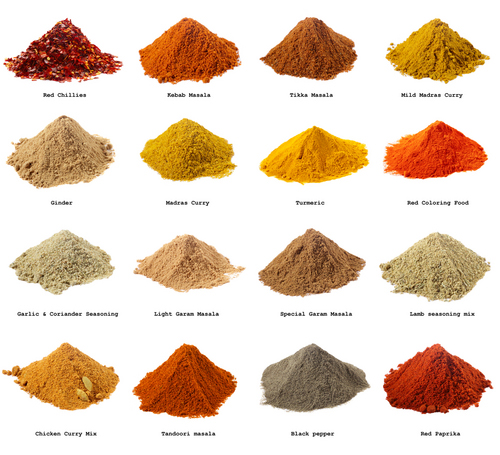There's an old adage for a good life : 'Don't live to eat, eat to live!'
When presenting people with this question, the answer I often get is, "well, who isn't?"
A fair question. Are we born already addicted to food? If not, when do we become addicted? Are anorexic people addicted to food? And when we feel sick and can't even think of eating, are we still food addicts then? These are extreme examples that obviously don't all represent healthy behavior, and it becomes even more complicated when we try to define what being "addicted" to food really means. After all, everyone needs to eat in order to live, right? We also need to breathe in order to stay alive, but I've never met anyone who could be said to be addicted to Oxygen. Nobody goes around over-breathing, but overeating is commonplace.
Addiction is known to be a chemical or emotional dependency on something, and the reality is that people approach food in two different ways: the addicted and the non addicted.
Helping people with nutrition, I generally get two types of clients. First, there are the ones who want to optimize their diet in order to create a better balance for themselves, both mentally and physically. And then there are the ones who face some sort of a degenerative disease, and are having to face the prospect that there is a big change waiting for them in the near future--either one that they make voluntarily, or one that will be happening to them.
People in the first group usually show less attachment to food. They realize that they are in charge of their diet and have enough self control to change what they are doing. They see that the changes they are seeking are worth more to them than the immediate satisfaction that certain foods can provide. Often they categorize satisfaction from food as a lower grade pleasure, compared with what life has to offer in other fields of satisfaction.
Within the second group, attachment to food is much stronger. Usually this attachment has to do with carbohydrate rich foods (carbs), and by the time they are affected by a degenerative process strong enough to catch their attention, it feels too late for them to change. By that point, most are addicted to their food, and would rather allow disease to take them than give up their specific eating habits.
Let's look a bit deeper at the processes underlying regular high-carb diets.
Eating a carb rich food creates a strong insulin response, setting in motion a cycle that sends blood sugar levels up and down, makes a mess out of other hormone levels, and interestingly enough, also wreaks havoc on the neurotransmitters in the brain--specifically Dopamine and Norepinephrin. Do these sound familiar? They are the components in the brain in charge of reward behavior, specifically self-reward ( like the cake you get as a reward for doing something difficult, or celebration, etc.). It turns out that these are the same neurotransmitters involved in addiction to cocaine, caffeine and behaviors like gambling. And as it turns out, freeing oneself from carb addiction is much harder than getting sober from most street drugs!
When faced with the prospect of making a change, people start to sound like true addicts. They say that they don't really eat carbs all that much, come up with reasons why it's healthy and good for them, or make excuses. For that reason, working with the second group can be very frustrating, and results are scarce. As a general rule they will probably need a therapist alongside their nutritionist to help them kick their carb habit.
At this point you might be wondering which group you belong to, or people that you know.
People who are addicted to their food will often show specific signs of high carb consumption. Inflammation can show up as arthritis, eczema, acid reflux, or bad skin (which occasionally can be attributed to other factors as well). Skin tags are a sign of chronically elevated blood sugar. Lack of muscle definition is also a hallmark of a high carb diet, which creates inflamed tissue that pads the body with pro inflammatory fats; this fat layer is directly linked to degenerative processes and loss of insulin sensitivity, which intensifies through a snowball effect.
That all makes the original question that much more important to consider.
Are you addicted to food?
Let's put it this way: are you in charge of what goes in your mouth?
If you are, big pat on the back, that's a good place to come from. you are one of the few who can assert real control over your health. If you find that you are addicted, you are certainly not alone--and step one is admitting it to yourself.
There's an old adage for a good life : 'Don't live to eat, eat to live!'
Mestre Amir Solsky






 RSS Feed
RSS Feed
